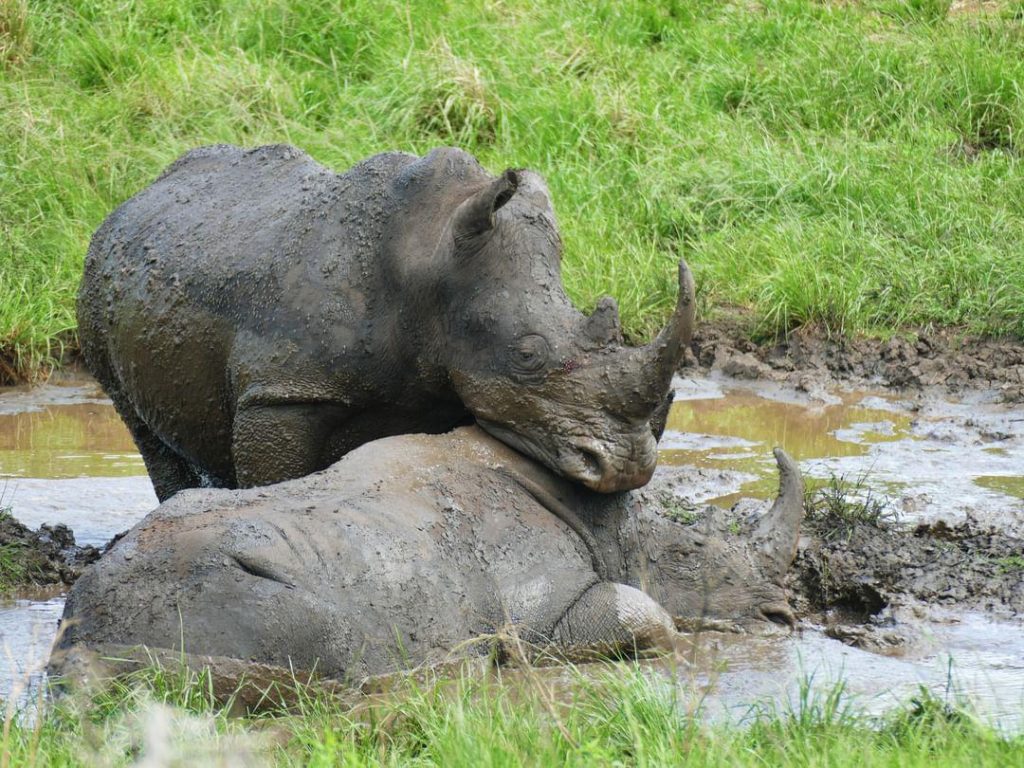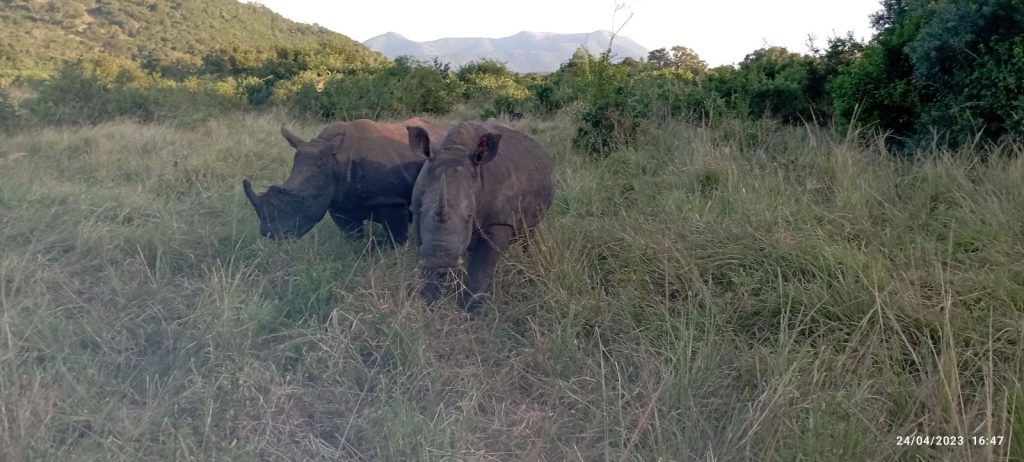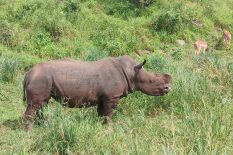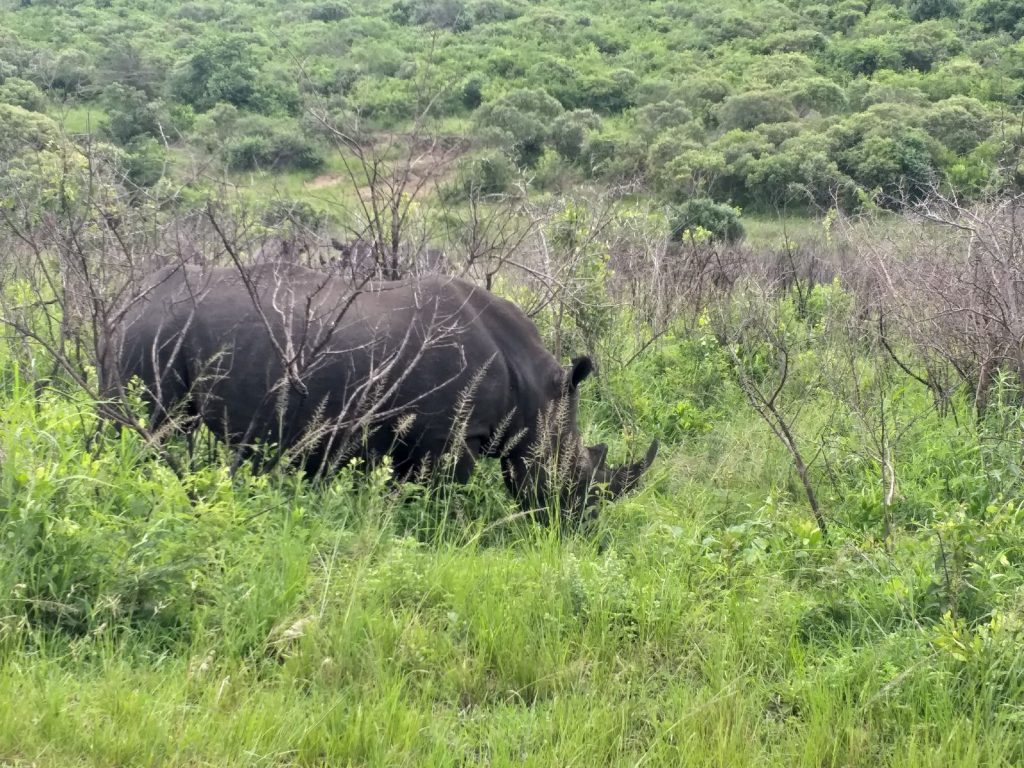Rhino Conservation and Rhino poaching? At Paul K Safaris, we’re privileged to show our guests the wild beauty of Southern Africa — and that includes one of the continent’s most iconic animals: the rhino. But behind every rhino sighting is a silent, urgent crisis. Is it Time for a Different Conversation About Rhino Conservation?

Despite decades of protection efforts, rhinos are still being killed for their horns. In fact, the illegal trade in rhino horn continues to fuel a brutal black market economy driven by high demand and high prices.
So here’s the uncomfortable question:
What if legalizing the trade in rhino horn could actually help save rhinos?


The Reality on the Ground
In South Africa, most game reserves — including private reserves and national parks — are already taking drastic action: they’re dehorning their rhinos.
This is not a cruel practice. It’s a veterinary-supervised, painless procedure done to protect the animal from poachers. Rhino horn grows back naturally, just like human fingernails, and must be trimmed again every 18 to 24 months.
These horns — ethically harvested from live animals — are stored in secure facilities. Meanwhile, conservation teams face skyrocketing costs for anti-poaching patrols, security systems, and habitat protection.
And yet, all the while, the trade in rhino horn remains illegal.
Why Consider Legal Trade?
Those in favor of a regulated, legal rhino horn trade are not arguing for killing rhinos — they’re advocating for using a renewable natural resource to fund conservation and reduce poaching.
Here’s the thinking:
- If you can buy legal horn from a living, healthy rhino… why poach one?
- If rhino horn is legal and available, the black market loses its power.
- If reserves can sell horn ethically, they can fund their own protection efforts sustainably.
- Criminal syndicates who rely on smuggling Rhino horn will collapse if its legal
- If we know who is buying Rhino horn, we know where it is going! Education can be directed at an actual target!
Legal trade, carefully monitored and regulated, could create a conservation economy that benefits rhinos, local communities, and future generations of wildlife lovers.
But Isn’t Legal Trade Risky?
Yes — and it must be approached with extreme caution. Critics worry that:
- Legal trade could confuse consumers or increase demand.
- Criminal syndicates might find ways to launder poached horn.
- It sends the wrong ethical message about wildlife as a commodity.
These concerns are valid, and they should not be dismissed. But here’s the bigger picture: protection alone is not working.
Rhinos are still dying, and poaching syndicates are still thriving.
Trying Something Different
At Paul K Safaris, we don’t claim to have all the answers — but we do believe in honest conversations. It is Time for a Different Conversation About Rhino Conservation? It’s time we acknowledged the reality: the current model of “ban and protect” is not stopping rhino losses fast enough. We are LOSING the battle to save our Rhinos
That doesn’t mean we throw ethics out the window. It means we explore every possible path — including those that make us uncomfortable — if they offer even a glimmer of hope for a future where rhinos still walk the wilds of Africa.
What Do You Think?
We invite you to share your thoughts. This is not just a wildlife issue — it’s a human one. And it’s going to take bold thinking, open minds, and collaboration across the world to save these magnificent animals.
Is it time to try something different? Even if it’s controversial — even if it’s just a trial?
Join the conversation.
@safari_paul on Instagram

#SaveTheRhino | #ConservationMatters | #RhinoDebate | #PaulKSafaris | #AfricaWildlife | #DehornToProtect | #EthicalConservation | #WildlifeTourism